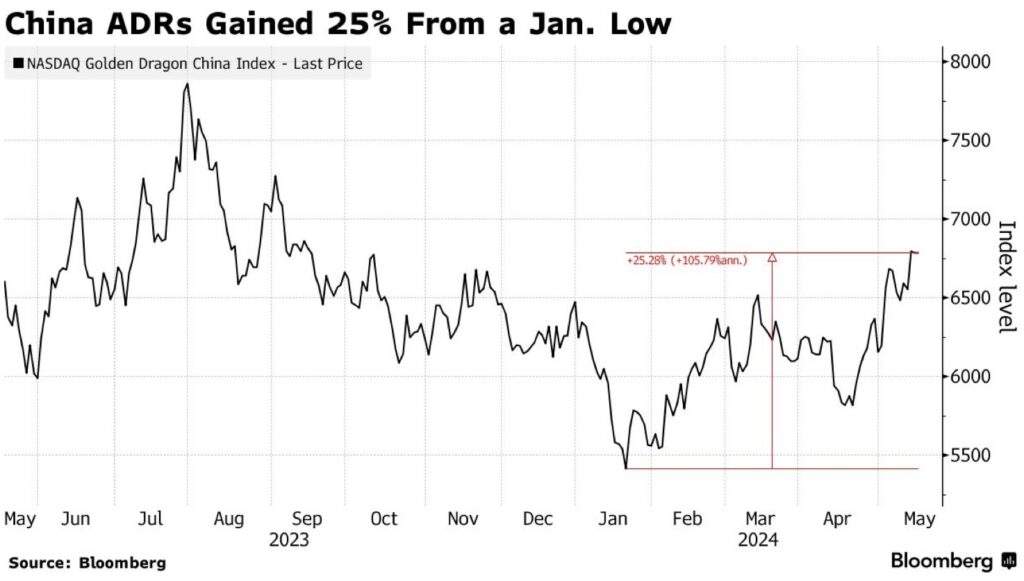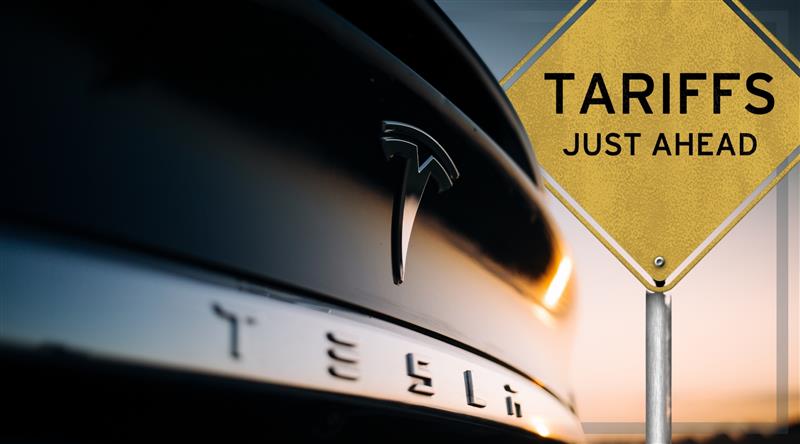Michael Burry, the hedge fund manager made famous by The Big Short, has ramped up his bets on Chinese technology stocks, taking a contrarian position to the wider market which has appeared to write China off.
Michael Burry’s investment firm doubled down on its bets on https://t.co/MDw4Sv438g and Alibaba in the first quarter as Chinese equities bottomed out https://t.co/ksvsLf2NSd
— Bloomberg Asia (@BloombergAsia) May 16, 2024
The Western financial media has been incessant this year in reporting on the economic gloom which they say is engulfing China. “Foreign direct investment into China slows as investors pull out money,” and “China’s growth prospects seem structurally weaker” are just two of the less sensationalist China-related headlines in recent months.
Some banks and financial institutions have indeed cut jobs in China or reduced their exposure to the Asian market. Earlier this month, JPMorgan announced its intention to cut jobs in its Beijing investment banking division. Last year, it was reported that asset management giant Vanguard is leaving China completely.
But it is becoming increasingly clear that the narrative surrounding China has been overly pessimistic. For one, China’s 2024 supposedly abysmal growth target of 5% is more than double the predicted rate of the US, and significantly higher than the 0.8% growth the UK will see and the 1% likely to be experienced in France.
While there are of course issues in the Chinese economy – such as its problems in the real estate sector and worsening geopolitical tensions that could stifle some trade flows – they are not serious enough to warrant the extreme bearishness with which many are now approaching China.
The fashionable trend in financial markets at the moment is to be bearish on #China. But is there a chance that all the talk of Chinese decline is overblown?https://t.co/0du2olTywM
— #DisruptionBanking (@DisruptionBank) January 25, 2024
Andrew Lapping, Chief Investment Officer at Randmore Fund Management, previously told Disruption Banking that “we see the sharp decline in the Chinese market as an opportunity.”
“As an investor, it is important to take advantage of opportunities when they arise, this is often difficult as the crowd is usually moving in the opposite direction. For sure, there are risks in China, but then there are risks everywhere, and it depends on what is in the price,” he said.
“Over the past year, the S&P500 is up over 20% while the Hang Seng is down 30%. There is no way the underlying business values have diverged to this degree. This underperformance, particularly over the past month, has given us the opportunity to buy high quality, well-capitalised businesses at very low prices – an exciting opportunity.”
It appears that Michael Burry agrees. At the start of the year, his firm Scion Asset Management, increased its stake in China’s largest retailer, JD.com, and bought up a further 50,000 shares of the technology giant Alibaba. Since then, JD shares are up more than 16% and Alibaba’s are up around 4.5% (although the value of his Baidu shares are down about 7% this year).

Earlier this year, Disruption Banking noted that over the last two decades, there have only been five occasions when Chinese stocks have been as cheap as they currently are relative to Chinese government bonds. On those five occasions, stocks then rallied by an average of 57% of the subsequent twelve months.
There has been instability on Chinese stock markets recently – which Beijing is very relaxed about – but the fundamentals of the Chinese economy are strong and Chinese stocks appear cheap. It is likely that more investors will find themselves taking Burry’s lead and exploring options to buy up stocks in the Chinese tech space and other industries.
Author: Harry Clynch
#China #Asia #HedgeFunds #Technology #AssetManagement















